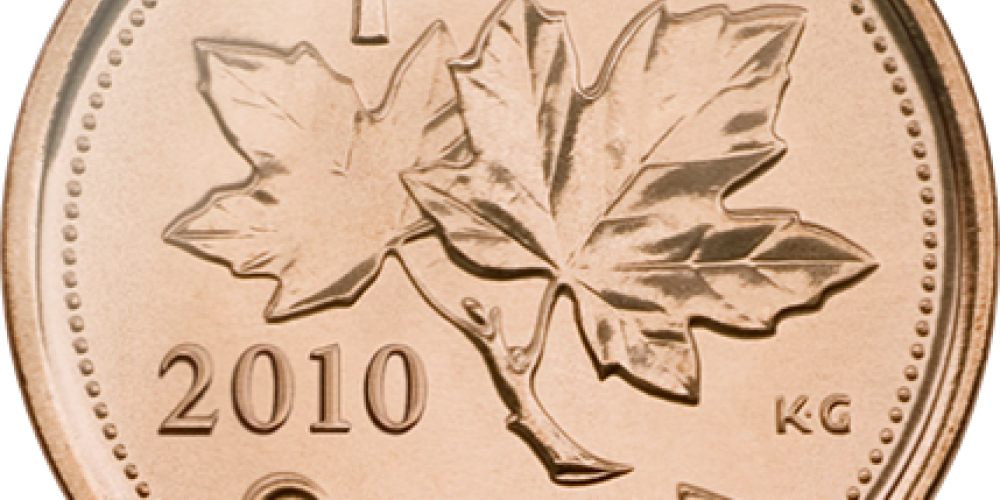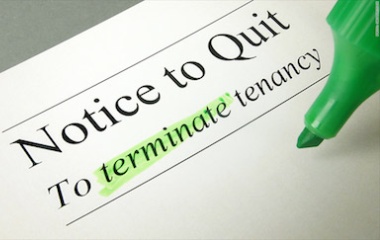
There is not too much one can do with a penny; so little, in fact, that the Canadian government removed them from circulation in 2013 with purchases rounded off to the nearest nickel. The Talmudic equivalent of the penny, the prutah, was also of little economic value, but it was of great significance.
“There are five prutot” (Bava Metzia 55a), the Mishna teaches as it lists the five areas of the law where a mere prutah makes all the difference.
“A woman can be betrothed with the equivalent of a prutah.” All it takes to get married is for the husband to give something of the smallest value to his wife-to-be, declaring that this little gift serve as a medium for the sanctification of their union. Beit Shammai disagrees with the above ruling of Beit Hillel, requiring a minimum of a dinar, or 192 prutot to effect a marriage. Presumably this is because the dinar was the standard coin of the times, much like our dollar is today, and one had to give an item with some recognizable value. Beit Hillel, whom the law follows, apparently sees the exchange as merely symbolic, demonstrating the husband’s responsibility to provide for all of his wife’s needs. That the medium of exchange effecting a wedding is less about money and more about symbolism provides the basis of the universal custom to use a simple ring – devoid of any jewels – lest the monetary expectations of husband and wife differ. The marriage ceremony is about commitment, not compensation.
“One who steals from his friend even one prutah must go after him to return the object, even to Madai” i.e., the other end of the world. This is a rather startling and seemingly pointless endeavour. Does one really have to spend thousands of dinarim and countless weeks of travel to return a stolen penny? No! In practice, one may leave the money with the court. Much like the Torah demands an “eye for an eye” though in practice such is unnecessary and even forbidden, here too, one who steals even the tiniest amount is told to travel to Madai. However, in practice one need only travel to the nearest court so that returning the money is relatively easy and thus, much more likely to actually happen. But make no mistake, whether one steals one penny or one million dollars one has violated another, and is guilty of the same prohibition of lo tignov.
Judaism has no concept of grand larceny and petty thievery, and a case involving five cents that arose first must be adjudicated first, while a later case involving hundreds of millions of dollars must await its turn. It is not by chance that the rabbis teach that the punishment of the flood came about because of thievery. No society can endure when people do not respect the property of others. However, our rabbis went a step further. They argued that the generation of the flood stole in amounts of less than a prutah, amounts so small that they need not be returned. I can understand why someone would steal thousands – or millions - of dollars, but to steal less than a penny? That is even worse, reflecting total disdain for the law and for one’s neighbour. It is stealing for the sake of stealing. How tragic!
The great concern we must have for the property of our fellow is expressed in the teaching that “one who finds an object worth the value of a prutah must return it to its owner.” As we have previously discussed, the notion that one must return a lost object of any amount is one of the great innovative teachings of the Torah. Finders are not keepers and losers are not weepers. Here too, this law is often more of symbolic than actual value. As Jewish law does not require us to do more for our friends (or strangers) than we would do for ourselves, if one would not spend the time searching for their own object of little value, one need not do so for a friend. Nonetheless, those are details that do not diminish the impact of this teaching.
Ultimately all in this world belongs to G-d, and we may benefit from this world only with His permission. That is the basis of birchot hanehenim, the blessings we recite before deriving benefit from this world. The Gemara goes so far as to call one who benefits without making a bracha a thief (Brachot 35a). And there are some things from which we may not derive benefit, period. One who derives even just one prutah of benefit from those items that are consecrated for use in the Temple has “trespassed” and must bring a korban asham, a special sin offering. Off limits means off limits.
Interestingly, the Mishna does not list ona’ah, price fraud, (the subject of our last post here), as one of the five prutot[1]. The Mishna begins by noting that the classic case of ona’ah is when the price discrepancy is four maot of silver in twenty-four. A ma’ah is 32 prutot so that 4 maot is 128 prutot. The Mishna continues, teaching, that to collect on an outstanding debt, one must claim that one is owed at least two maot or sixty-four prutot. Jewish law states that if there is no evidence one way or another, the one who denies owing money is to be believed: “the burden of proof is on the one who is removing money from his friend.” However, if the defendant admits to owing part of the loan, he must take an oath that he owes only what he admits to. If he refuses to take the oath, he must pay the full amount. All that is required to trigger an oath is the admission that he owes one prutah.
A penny may not be worth much at the bank, but in the realm of our relationship to both G-d and man it is of enormous value.
[1] The Gemara does quote the view of Levi (a contemporary of Rav and Shmuel) that ona’ah applies even if the overcharge is only one pruta. Presumably the rabbis disagree because, as we discussed in our last post, it is impossible to accurately establish a market price so precisely.



